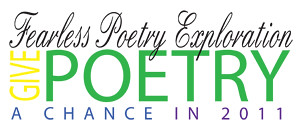
"Stone-age man, thawed from glacier, aghast: 'Was some snowman in my recent past? And if so, who fucked who? My dick's numb and quite blue And there's freezer burn all up my ass.'" (Page 28)
Additionally, Coen appears to love rhyme, no matter how trite or over-stretched it might be. Readers could find this collection amateur at best in how Coen chooses his rhymes, even when they have a tongue-in-cheek quality. Like the “bathroom” humor, these rhymes can get tiresome. Take for instance the rhymes in “Vine-Covered Verse” (page 53), “Lord, keep this farmer’s soul in peace,/For, though he dallied with his niece,/And cow, and nephew, none can claim/He, during, failed to praise Your name;/And how commit a lesser sin/When neighbors are but kine and kin?//” However, even in this poem, there are moments of deeper thought in which the narrator is asking what sins are worse and should they all be forgiven or all be condemned. It also questions how well we know our partners or other humans in general and what secrets they will take to their graves.
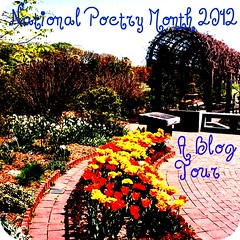
The Day the World Ends by Ethan Coen is not for everyone and could be trying if read from cover to cover, but for those looking for a humorous romp on the underside of humanity, take a dip into these pages.
Poet Ethan Coen
About the Poet:
Ethan Jesse Coen is one half of the American film making duo the Coen brothers. Their films include Blood Simple, Fargo, The Big Lebowski, O Brother, Where Art Thou?, No Country for Old Men, and True Grit. The brothers write, direct and produce their films jointly, although until recently Joel received sole credit for directing and Ethan for producing. They often alternate top billing for their screenplays while sharing film credits for editor under the alias Roderick Jaynes.
To enter to win one of 2 copies for US/Canada readers:
Leave a comment about what tour stop on the National Poetry Month Blog Tour you’ve enjoyed most, either here or on one of the participants’ blogs.
Blog, Tweet, or share the link on Facebook for up to 3 additional entries.
Deadline is April 30, 2012.
***Today’s tour stop is at Arisa White, so check it out!***
This is the 11th book for my 2012 Fearless Poetry Exploration Reading Challenge.





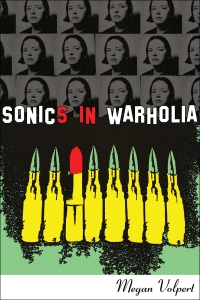



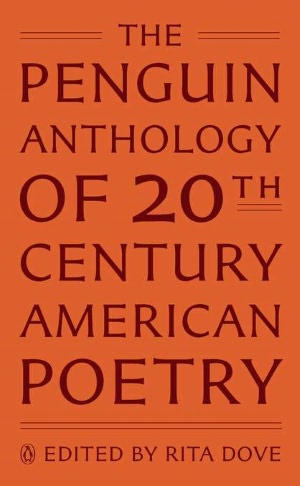
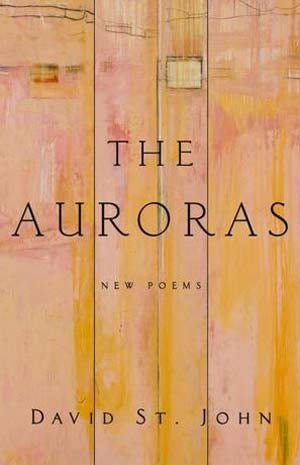
 About the Poet:
About the Poet: